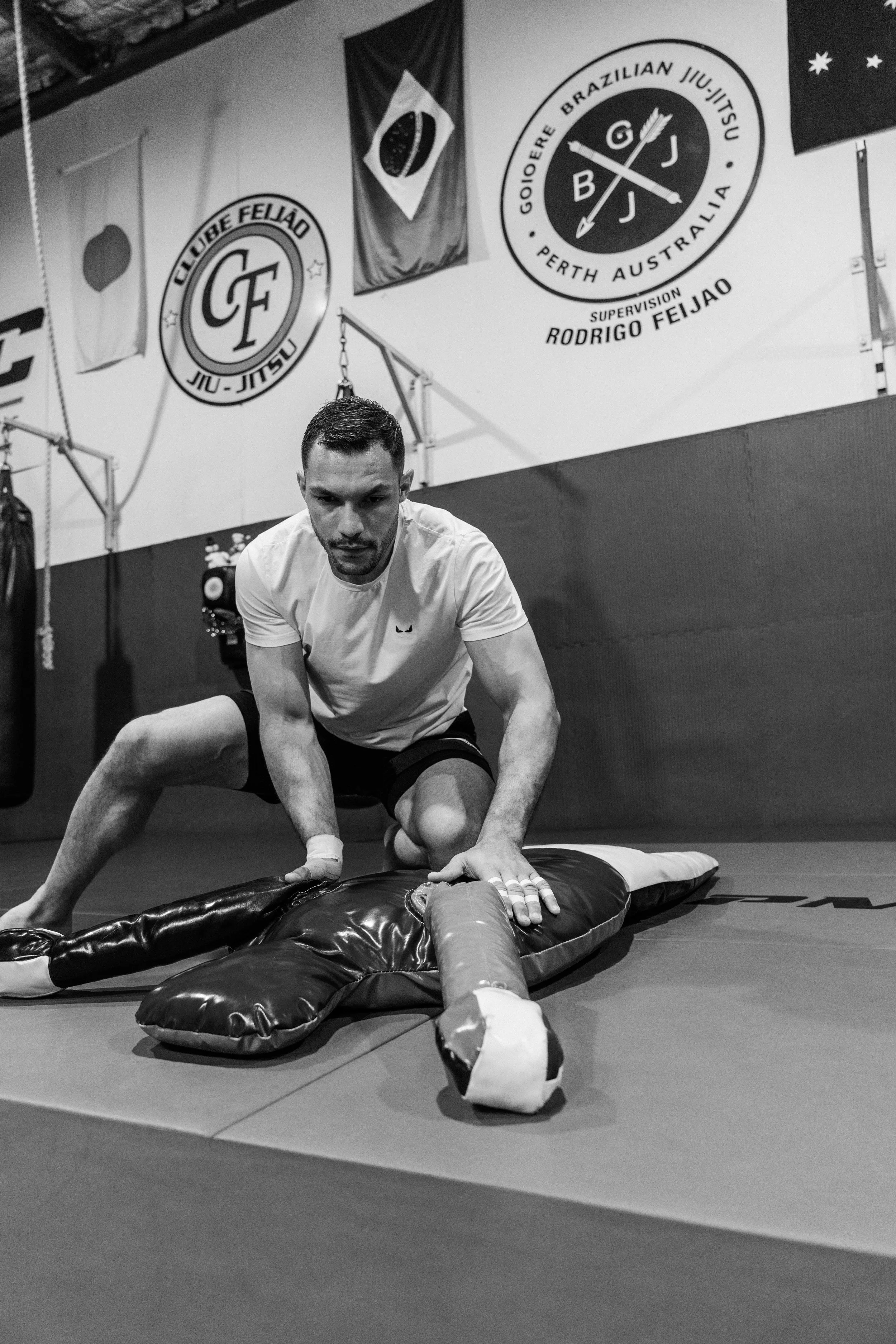7 psychological ‘hacks’ to help combat your sports injury
When it comes to having an active lifestyle or being involved in sports, injuries are unfortunately a high possibility. Of course, with the help of sports taping, you can minimise the likelihood of this occurring.
Nonetheless, if you have found yourself being temporary benched due to a sports injury, we know firsthand how it can be a difficult thing to cope with. Whether it is a couple of weeks or a couple of months, injury often means you cannot place any strain on particular muscle groups. Doing so can mean debilitating the rehabilitation process.
When an injury takes an athlete out of the game for a month, or even several months, this can equate to a lot of stress and feelings of self-doubt. We have seen how injuries don’t only impact a sports career, but a person’s mental health, confidence and well-being.
This is why in this article we are discussing a few hacks we recommend to help combat the overwhelm that may arise from your sports injury.
Honour your feelings
Repressing your feelings is the worst thing you can do for your mind and your overall well-being. Allow your body to process what is going on, and go through the waves and motions of emotional hardships. It’s okay, you are human and have the right to feel these feelings. Dedicate an amount of time to grieve and as they say, ‘it’s better out than in!’.
2. Get into an optimistic state of acceptance
Once you go through the motions of anger, frustration and possibly, sadness, you will reach an ultimate acceptance of the reality of the injury. Once you are here, sit with that feeling for a moment. You may not have shifted into a happy state, but you have evolved from your emotions of depression and negativity. Now you can start to make peace with reality. This allows you to let go of the emotional struggle and you can now look forward to tomorrow.
3. Set clear and realistic goals
As an athlete, you are a natural goal-setter. Being able to keep your eye on the prize, and being consistent in order to achieve what you want is part and parcel of what makes you a great sportsperson. Apply that same mindset to your downtime as you recover from your injury. Remember, the more you follow doctor’s orders, the quicker you will make your way through the healing process. That means you’ll be back on the field before you know it. Oftentimes, athletes give in to their overwhelm and end up getting back on the field or court before they were directed to, and then they, unfortunately, find themselves in more strife. Just remember your goal, and remember why you need to rest.
4. Visualise a healthy you
Remind yourself that this too shall pass. Nothing is permanent, and that includes your injury. We cannot recommend enough the power of visualisation - don’t underestimate it. Before you go to bed every night try and picture what your life will look like, post-injury. How do you feel when you visualise this? Well, this is going to be your reality soon. Get excited about that!
5. Focus on the present
What are some things you have time to do now, because life has forced you to remain still? Maybe you can get into a good book or pick up art? Regardless, we recommend that you try and find joy in the present moment. Focus on the perks of today, even if it may not seem like there is anything, if you look hard enough you will find something to smile about.
6. Accept help and support
Leaning on support systems is very important in the coping process of injured athletes. It is easy to withdraw when you go through an injury. This healing journey cannot be achieved alone and we encourage you to lean on your support networks. Whether that support is your inner circle or your outer circle, be sure to keep your family, friends and sports rehabilitation service providers in the loop on what's going on. Feeling supported and knowing there are people around you who care can help negate the negative feelings of isolation that come with sports injuries.
Not to mention, your sports rehabilitation service providers can help you by parting with invaluable knowledge, communicating with you on your progress and encouraging you to keep going.
7. Take control
Finally, we implore you to take control of your rehabilitation. Reminding yourself that your recovery is in your hands and that you have the power to get back on your feet can be just what you need to get through these grey days. Place a calendar in the middle of your kitchen to remind you of your physio appointments, your GP check-ups and your exercise rehab sessions. Place a few motivational notes on your fridge too to remind you that this isn’t forever.
All the best athletes, wishing you a speedy recovery. Before you head out, you may want to explore our array of sports tapes. Ensuring you tape up before a game can be the deciding factor that prevents injuries in the future.
Reference:
Medic N, Howard B. Foundations of Social Psychology. 1st ed. Mc-Graw Hill. Australia. 2010
Peak Recovery Mindset and Mental Health After an Injury. Updated 2022. Accessed September 27, 2022. https://summitperformancepsych.com/mental-health-after-injury/



